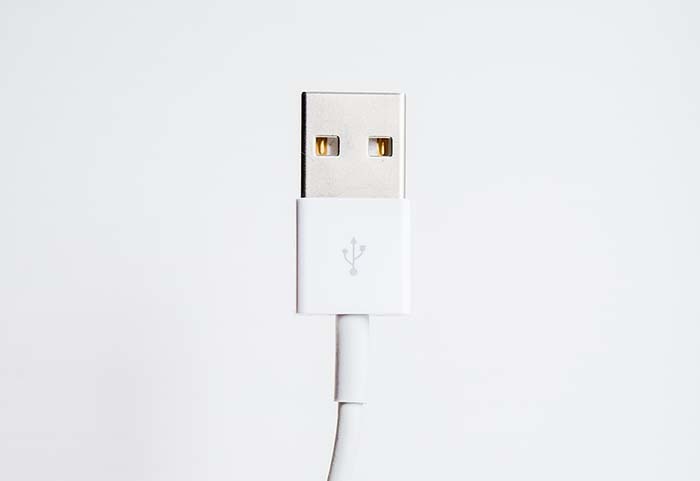Simply Central: Doing nothing is truly something
Mary Hinsen
04 September 2021, 6:45 PM
 Feeling lazy? Not getting enough done in the day? Do nothing.
Feeling lazy? Not getting enough done in the day? Do nothing.Feeling lazy? Not getting enough done in the day? Easily distracted?
Simply Central is a home and lifestyle series for your Sundays. We take a look at what’s hot, what’s not, and everything lifestyle.
I read a lot. Every now and then something really resonates and a penny drops. This was one of those moments.
This penny was one about overstimulation. I work from home, at a computer, so it tends to creep up on me. But the effects of overstimulation are vast and ongoing.
Wellbeing advice includes cutting screen-time and reducing how often we check news and updates. How many people do you know that can’t put their devices down, even when with family and friends?
While our devices can enhance connections, help us work, learn and build community, they can also interfere with everything from sleep to creativity.
Consider this. Your eyes are not simply tethered to your brain, they are considered actual brain tissue. Technically, when you look someone in the eye, you are looking at the only visible part of their brain. So your eyes are in fact a main highway for stimuli – good and bad.
Research conducted on mice testing the effects of overstimulation on people found when mice were exposed to screens that resemble cell phones and TV, they performed significantly worse in cognitive tests: mazes, memory, and problem-solving.
When your stress ‘cup’ becomes full, just one more thing can make it overflow.
However, when the mice were less engaged in screens, they moved through mazes with natural efficiency, ignoring distractions.
Practice fasting.
Do you have days when you look back and wonder what you actually got done? I do.
I kick myself for doing nothing. But technically, I was still doing things.
I clicked through all my social media notifications and answered messages posted to my website. I watched my favourite channels on YouTube. I researched upcoming articles, and checked news feeds at least a dozen times.
It’s all about pleasure – that’s what dopamine does.
Data scientists are not there to do what’s best for you. They’re hired to boost engagement, sending us swirling down the deep drain of social media.
‘Dopamine fasting’ is a method based on cognitive behavioural therapy, which helps us become less dominated by unhealthy stimuli, lowers the level in our stress ‘cup’ to make room for good things. It helps us manage all those messages, notifications and beeps that are part of living and working in a tech-centred world.
Instead of automatically responding to every reward-inducing cue providing us with immediate but short-lived charges of pleasure, ‘dopamine fasting’ gives our brains a break, a chance to re-set from the constant bombardment.
The idea is when we step back and find pleasure in more natural activities, we regain control over our lives and are better able to achieve the things we want to achieve.
When we actively disengage from the dopamine loop, even for a short time, our brains become primed to engage and get things done without feeling the tug of distractions.

Take time to disconnect from tech.
Doing nothing is everything.
Famous mystery writer Raymond Chandler, had a brilliant strategy for procrastination called the ‘nothing alternative’.
When he realised he couldn’t just force himself to focus on his writing, he decided to allow his mind the freedom to do nothing. He gave himself times where he had the freedom to get lost in thought, look at the view, or stand on his head.
The recipe: when you are feeling unproductive and unable to focus, do nothing.
Nothing means no devices, no books - nothing. It’s a bit like putting yourself in time out.
Meditation is my ‘nothing’ tool when I can’t focus. When I’m most distracted I go somewhere quiet, close my eyes, breathe, and just let all those chaotic thoughts float past.
I don’t stress about the thoughts – just notice them. After just a few minutes, I feel more still and focused. I am prepared for work.
Know which maze you want to get through first.
Science fiction author Robert A. Heinlein once said, “In the absence of clearly defined goals, we become strangely loyal to performing daily trivia until ultimately we become enslaved by it.”
Having goals streamlines your efforts to get past the noise. Keep the list short and simple – the most important things for the day. It heightens your connection to your goals and fortifies you against distractions.
Like the research mice, start by knowing which maze you want to get through. Then do ‘nothing’ first so you can ignore anything that distracts you from that journey.
The takeaway.
You’re not lazy - overstimulation stops us achieving what matters.
The fix? Practice doing ‘nothing’, and have forced disconnect periods from technology. Be selective about what you allow into your mind.
Doing nothing has a habit of turning into doing something.
Productivity isn’t about getting everything done, it’s about getting the right things done.
For goal-setting help, see ‘The 10.30 question’ Simply Central: The 10.30 question
US National Library of Medicine scientific report on overstimulation sourced here.
Harvard Medical School health post on dopamine fasting sourced here.
Image credit: Unsplash
